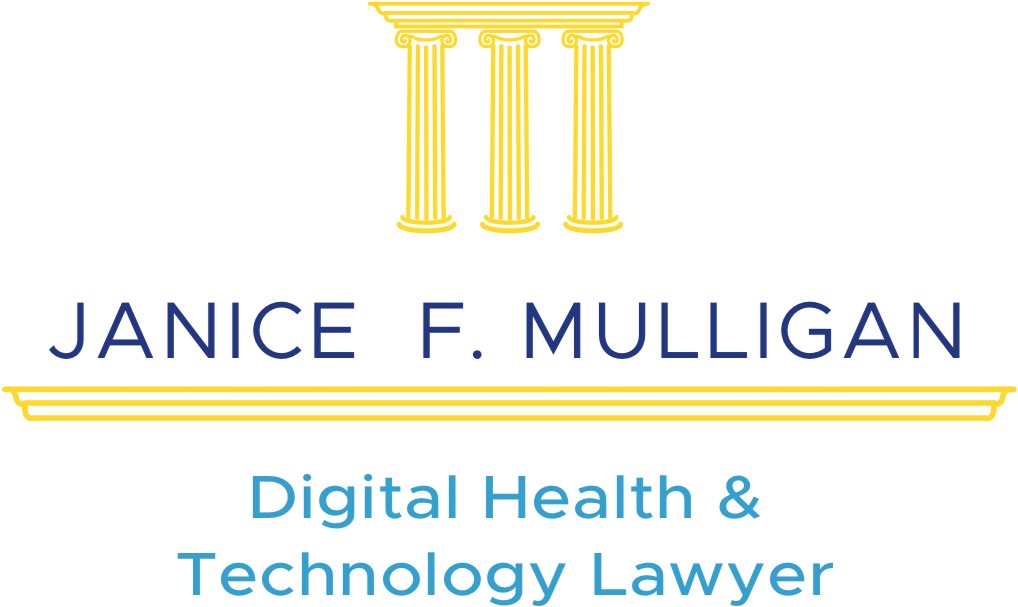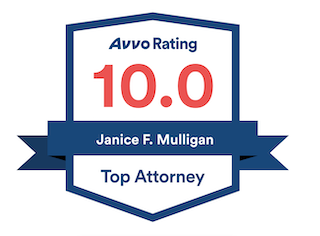What is an Advanced Directive and Should I Have One In Place?
Hospitals across the country are discussing the possibility of universal do-not resuscitate orders for coronavirus patients. According to an article in the Washington Post, hospitals are facing the reality of balancing the risk to hospital staff posed by resuscitating infected patients and attempting life-saving treatment. https://www.washingtonpost.com/health/2020/03/25/coronavirus-patients-do-not-resucitate/. According to the article, ‘[s]everal large hospital systems … are looking at guidelines that would allow doctors to override the wishes of the coronavirus patient or family members on a case-by-case basis due to the risk to doctors and nurses, or a shortage of protective equipment, say ethicists and doctors involved in those conversations. But they would stop short of imposing a do-not-resuscitate order on every coronavirus patient.”
These conversations are happening in the context of a larger discussion about the availability of resources such as hospital beds, intensive care unit beds, and ventilators in the face of rising demand as the Covid-19 pandemic continues to spread. Hospitals are also struggling to provide necessary protective equipment to nurses and doctors providing lifesaving care to these critically ill patients. “[A]s cases mount amid a national shortage of personal protective equipment, or PPE, hospitals are beginning to implement emergency measures that will either minimize, modify or completely stop the use of certain procedures on patients with covid-19.” https://www.washingtonpost.com/health/2020/03/25/coronavirus-patients-do-not-resucitate/
These news stories have caused many families to consider whether they should have advanced directives in place.
La Crosse, Wisconsin, a town with about 50,000 people, has some interesting lessons we can learn about the benefits of making informed decisions about our end-of-life care. Several decades ago, public health officials and major health organizations began developing a model for end-of-life planning and decision making. By 2009, 96 percent of the residents in La Crosse County had an advanced directive in place. This public policy initiative has benefited families and patients in many ways. Families are relieved from some of the emotional and financial stress that comes along with end-of-life care. https://www.forbes.com/sites/offwhitepapers/2014/09/23/how-to-die-in-america-welcome-to-la-crosse/#70188126e8c6.
“There is no more gut-wrenching decision to make for family members than when to let go allowing a loved one to end life peacefully. Knowing in advance the patient’s desires can relieve anxiety and grief by ‘following their final wishes.’” https://www.forbes.com/sites/offwhitepapers/2014/09/23/how-to-die-in-america-welcome-to-la-crosse/#70188126e8c6.
These are important decisions that every individual and family must consider. You have a choice to make informed decisions about the care that you receive and plan in advance.











